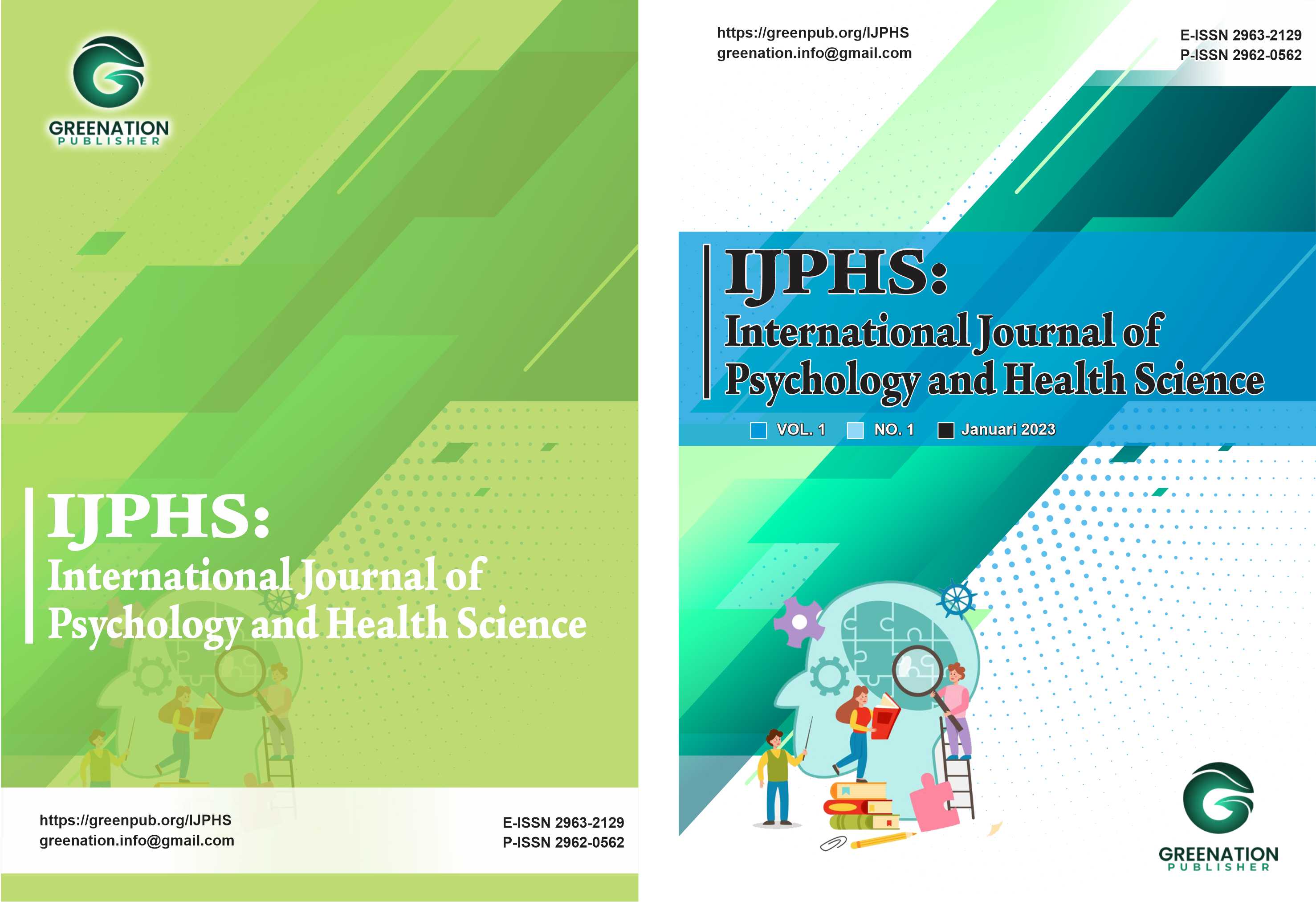Analysis of the Shortness of Hemodialysis Claim Files at Cililin Hospital
DOI:
https://doi.org/10.38035/ijphs.v3i4.1409Keywords:
Medical Records, Hemodialysis Claims, BPJS Kesehatan, Hospital Information Systems, Service QualityAbstract
Hemodialysis services are essential therapy for chronic kidney failure patients who require regular service continuity, so that the smooth flow of claims to BPJS Kesehatan is a determining factor in maintaining the quality and continuity of service. However, practice in the field still shows that there are obstacles in the form of incomplete documents, delays in submission, and data inconsistency with the INA-CBGs standard, which has an impact on delayed disbursement of claims and the potential for disruption of hospital financial stability. This study aims to analyze the completeness of the hemodialysis claim file management system at Cililin Hospital, focusing on the level of inter-unit integration, the effectiveness of procedures, and factors that affect claim approval. The research method uses a qualitative approach with a phenomenological design, involving the analysis of 80 claim files for the April 2025 period determined through the Slovin formula, as well as data collection through interviews, observations, and documentation studies. The results showed that the average level of claim completeness reached 86%, with the most complete patient identity component (90%) and the lowest completeness of medical records (81.25%). Of the total claims, 87.5% were approved and 12.5% were rejected, with the finding of a significant correlation between the completeness of the file and the level of claim approval. The conclusion of the study emphasized that the integration of hospital information systems, cross-unit coordination, and improving officer competence are the keys to the effectiveness of claims management. Theoretically, this study strengthens the information integration-based claims management literature, while practically providing improvement recommendations for regional hospitals to ensure the continuity of hemodialysis services and the financial sustainability of hospitals.
References
Andayani F., D. . P. (2021). The problem of BPJS claims in regional hospitals. Journal of Healthcare Management, 9(2), 45–56.
Creswell C., J. . P. (2023). Qualitative Inquiry and Research Design: Choosing Among Five Approaches. SAGE Publications.
Scott, T.; Setiawan, D., S. . W. (2023). Integration of SIMRS in BPJS claims management. Journal of Health Information Technology, 6(1), 33–44.
Nowell J.; White, D.; Moules, N., L. . N. (2022). Thematic analysis: Striving to meet the trustworthiness criteria. International Journal of Qualitative Methods, 21(1), 1–13.
Daughter A.; Rahman, M., R. . W. (2020). The effectiveness of the use of JKN claims in hemodialysis services. Journal of Public Health, 8(4), 120–132.
Snyder, H. (2022). Qualitative research in health services. Health Services Research Journal, 57(2), 210–222.
Sugiarsi, T., E. . S. (2025). Management of health claims in the JKN era. Journal of Health Administration, 12(1), 15–27.
Sujarweni, V. W. (2021). Health Research Methodology. New Library Press.
Supriadi, A. (2022). Challenges in the administration of health care claims. Journal of Health Policy, 14(3), 78–90.
Downloads
Published
Issue
Section
License
Copyright (c) 2025 Erix Gunawan, Nurul Huda Fauziah

This work is licensed under a Creative Commons Attribution 4.0 International License.
Authors who publish their manuscripts in this journal agree to the following conditions:
- The copyright on each article belongs to the author(s).
- The author acknowledges that the International Journal of Psycology and Healt Science (IJPHS) has the right to be the first to publish with a Creative Commons Attribution 4.0 International license (Attribution 4.0 International (CC BY 4.0).
- Authors can submit articles separately, arrange for the non-exclusive distribution of manuscripts that have been published in this journal into other versions (e.g., sent to the author's institutional repository, publication into books, etc.), by acknowledging that the manuscript has been published for the first time in the IJPHS.





















